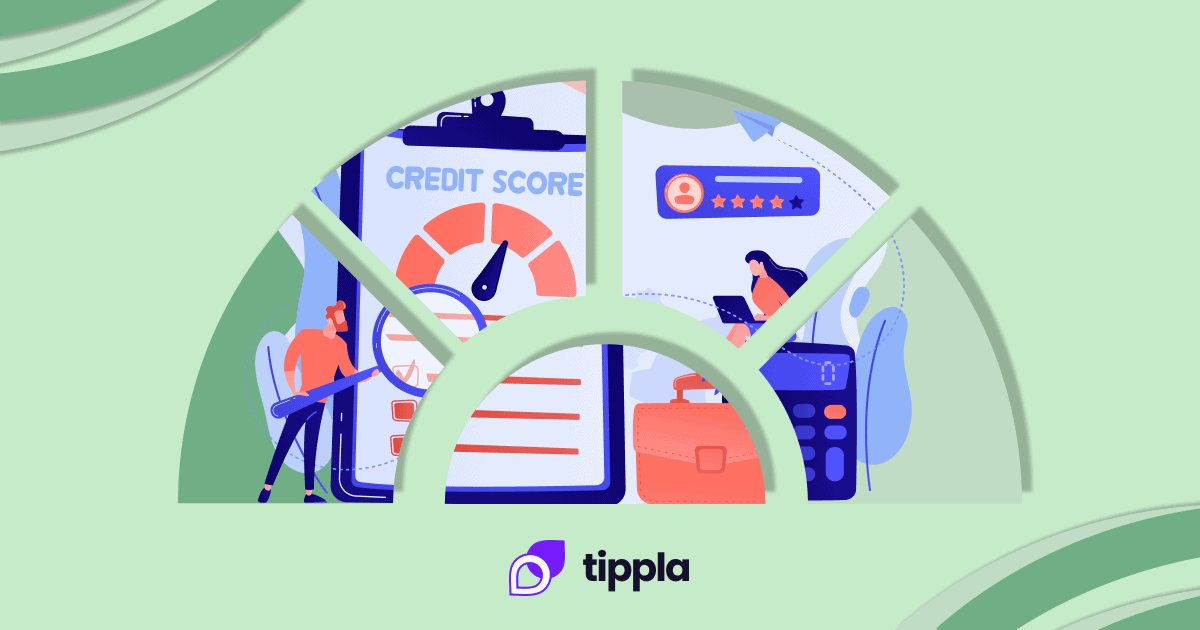Published in July 28, 2021
What is forbearance and is it right for me?

Forbearance is a type of loan assistance that aids with postponing or reducing your payments for a certain period of time.
Forbearance, also known as financial relief, can range anywhere between a few months or a couple of years.
Interest can still be charged even while your loan is on forbearance. However, that depends on the type of loan and the provider.
Although this can help you if you’re in a bind, it could also be costly in the long term. Your postponed loan will still need to be paid, either as a lump sum or by making staggered payments.
Forbearance can be granted for personal loans, car loans, or even mortgages. It would help you avoid defaulting on your loan. as that would harm your credit score. resulting in more debt and potential collateral to be seized.
The terms of the financial relief agreement will depend on the provider and the length of time. However, if you qualify for other types of loan modifications such as deferment or cancellation, then forbearance isn’t your best choice.
Who qualifies for forbearance?
You’ll have to meet certain standards depending on the provider. However, most of the time you will have to be suffering from some sort of hardship. Different lenders might differ on what qualifies as a hardship. The following situations may qualify you:
– Financial hardship: Unemployment, reduced income. underemployment or business failure.
– Increased expenses: Increased taxes or debt payments.
– Disaster: Natural or man-made, whether insured or not.
– Separation from a co-borrower: Divorce or any other kind of relationship in which multiple people make payments.
– Medical hardship: Illness or long-term disability.
– Death: Either of a co-borrower or one of the wage earners in your household.
Relocation or transfer for your job: Being on duty in the military
– Any other reason, as long as you can prove that it causes you hardship.
Type of loan
Depending on the type of loan you have, there are multiple rules around financial relief. For example, car loans may have different forbearance or cancellation rules as opposed to mortgages.
In some cases, if your lender allows your loans to be consolidated, then you may be eligible for limited assistance, whether they’re shorter or none at all.
How to apply for forbearance
Contact your lender as soon as you realise you may not be able to make your next payment. The lender will give you several options to avoid charging you any fees or becoming delinquent on your loan. That’s because becoming delinquent can result in default.
Your provider will have you fill out a form detailing the reason for your hardship and how long you expect it to last. You will have to provide details about your income, assets, or any property owned. Additionally, you might also need to provide any stocks, bonds or cash.
All those factors will be contracted to your current expenses, which include everyday payments such as food and utility bills, or entertainment expenses.
You’ll need to provide relevant documents, such as income statements, personal information or medical certificates to prove your hardship.
After your application
Upon your application process, you’ll receive a forbearance plan that will provide all the relevant details. The plan will detail the length of your forbearance period and when you’d have to make payments.
If interest will continue to accumulate while your loan is in forbearance, the plan should also state that.
Automatic forbearance
Sometimes, you won’t need to apply for forbearance. For example, when applying for a loan modification, you could be given a shorter period (generally under 2 months) while the lender approves your application.
You may be granted a short forbearance period even when applying for deferment, however, if your application is denied then you’ll have to pay back your loans as normal.
Can forbearance hurt my credit?
Forbearance can harm your credit at the start of the period. However, while it’s in effect, your credit won’t be affected. Although affecting your credit isn’t great, it’s generally better than having your assets seized.
Deferment vs forbearance
They both usually have the same meaning. Both of them allow you to delay your loan payments. Some lenders use the terms randomly, but others make a distinction between them depending on the type of loan you have.
Eligibility
Deferment generally depends on the situation, such as deployment in the army. On the contrary, forbearance is needs-based. Lenders that offer both forbearance and deferment may differentiate them this way, but lenders that offer just one may allow eligibility for both needs-based and situation-based circumstances.
Interest
Interest will not be charged on a subsidised loan that is in deferment, but it will be charged on a non-subsidised loan. With forbearance, interest is usually changed during the forbearance period.
Length of time
Generally, you can apply for a loan period of up to 12 months, however, that can vary depending on the loan type. Many lenders also offer the loan in increments, and they may also limit the maximum forbearance, depending on the hardship you may have experienced.
Plan a thorough budget with Moneysmart to understand your spending habits and how much you can afford for your monthly payments.
Other options instead of forbearance
There are several other options you should consider if you’re at risk of defaulting your loan. Deferment can help delay payments, however, there are some types of loans that may come with additional protections.
If you choose those options instead, you might save money on interest. Some of these options cancel loans outright.
Want to learn more about online loans and how to apply for one? Read more here!
While we at Tippla will always do our best to provide you with the information you need to financially thrive, it’s important to note that we’re not debt counsellors, nor do we provide financial advice. Be sure to speak to your financial services professional before making any decisions.
Related articles

Why Is Your Credit Score Important? A Quick Overview
18/07/2023
Whilst your credit score is only a number, it...


How Are Credit Scores Calculated in Australia?
28/07/2021
There’s a lot of uncertainty when it comes to...

What is commercial car insurance?
28/07/2021
Commercial car insurance is a type of insurance that’s...
Subscribe to our newsletter
Stay up to date with Tippla's financial blog